MH17 crash: Cameron urges Putin to allow site access
- Published
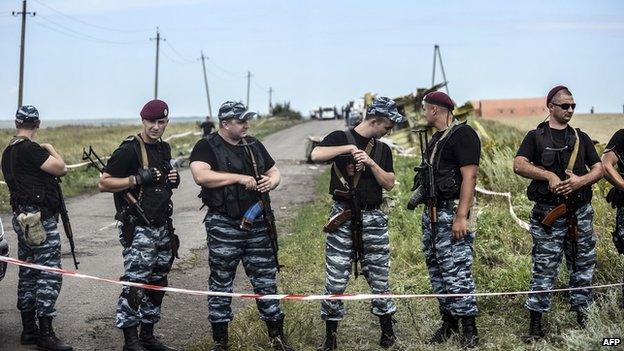
Russia has denied there are problems with access to the crash site
Vladimir Putin has been urged by Prime Minister David Cameron to allow access to the crash site of flight MH17.
In a phone call between the two leaders, the PM called on the Russian president to intervene so the victims' bodies could be repatriated.
Ten passengers from the UK were among 298 people killed when the plane was apparently shot down in east Ukraine.
Ukraine and pro-Russian rebels who control the area have accused each other of downing the plane.
Compelling evidence
Downing Street said Mr Cameron had made clear to President Putin the bringing down of the plane was "totally unacceptable".
"The evidence suggested that pro-Russian separatists were responsible," a spokesman said Mr Cameron had told the Russian leader.
"If Russia wants to put the blame elsewhere they would need to present compelling and credible evidence," the spokesman said.
The prime minister also discussed getting a new UN Security Council resolution which would guarantee "unfettered access" to the site with his Australian counterpart Tony Abbott.
Downing Street said Russia had blocked a previous attempt at the UN to apply further pressure to the rebels.
The UK and some other European countries are set to push for further sanctions against Russia at a meeting of EU foreign ministers on Tuesday.
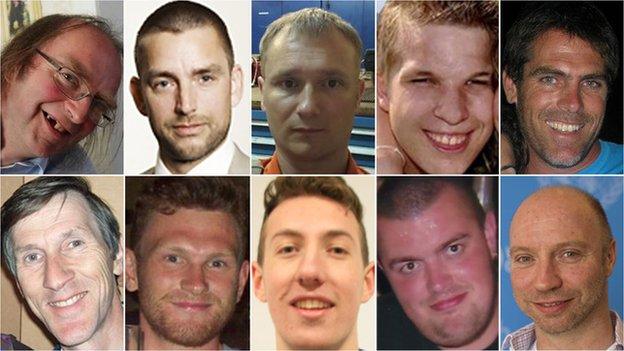
Clockwise from top left: John Alder, John Allen, Stephen Anderson, Robert Ayley, Cameron Dalziel, Glenn Thomas, Liam Sweeney, Ben Pocock, Richard Mayne and Andrew Hoare
At least 196 bodies have been loaded onto refrigerated trains near the plane's crash site, to be taken to an as yet unknown destination.
One of the rebel leaders in Donetsk says the plane's black-box flight recorders have been found.
The UK has accused the Russian government of not doing enough to pressure separatists who control the area to allow international access to the crash site.
"There is one party in the world who clearly has the ability to snap his fingers and it would be done and that is Vladimir Putin," Foreign Secretary Philip Hammond told the BBC's Andrew Marr Show on Sunday.
The BBC's Daniel Sandford reports from the crash site
Russian ambassador Alexander Yakovenko was summoned to the Foreign Office on Saturday to discuss Russia's response to the crash.
"The Russian ambassador stressed that it is counterproductive for governments to announce their versions of the disaster, as this amounts to putting pressure on the future investigation," the Russian embassy said following the meeting.
'Crony group'
Downing Street said the prime minister, German Chancellor Angela Merkel and French President Francois Hollande had agreed securing access to the crash site and ensuring specialist teams could recover victims should be top priority.
"They also agreed that the EU must reconsider its approach to Russia and that foreign ministers should be ready to impose further sanctions on Russia when they meet on Tuesday [at the Foreign Affairs Council]," a spokesman said.
Germany has previously rejected tougher sanctions against Moscow.
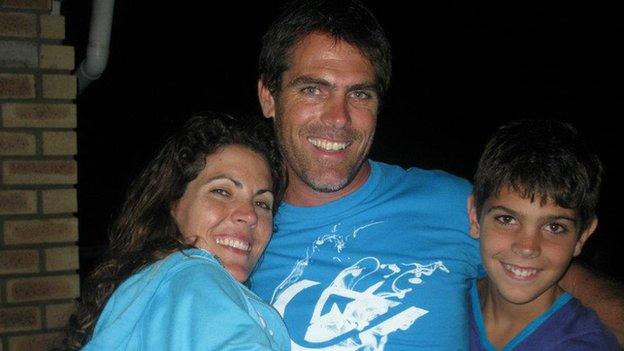
South African helicopter rescue pilot Cameron Dalziel was travelling on a British passport
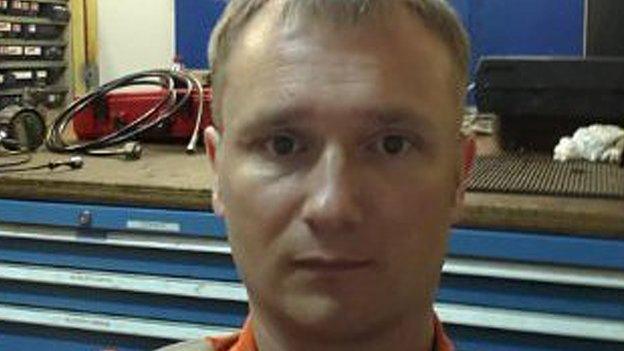
Scot Stephen Anderson was the last of the British passengers believed to be onboard to be named
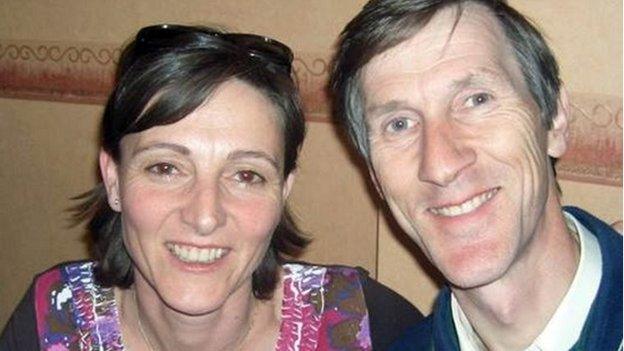
Andrew Hoare and his Dutch wife Estella were among the passengers on flight MH17
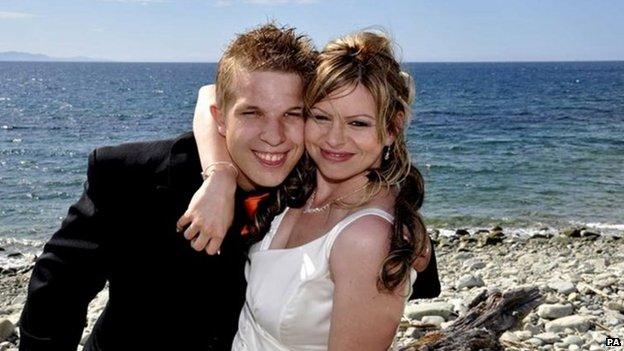
Robert Ayley's family released this picture of him with his wife Sharlene
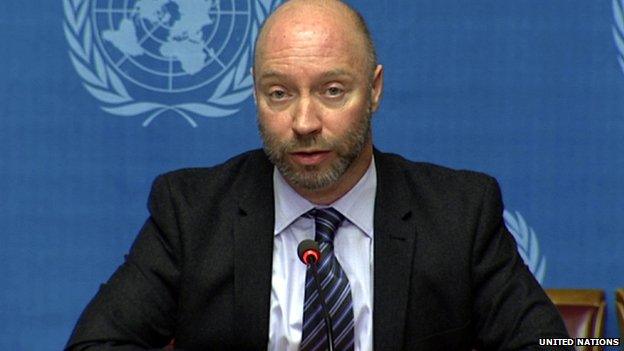
Glenn Thomas was travelling to Australia for an international conference
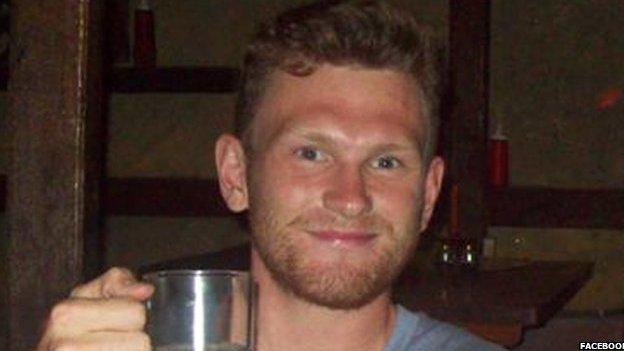
Tributes have been paid on social media sites to University of Leeds student Richard Mayne
Later Mr Hammond acknowledged any sanctions could hit London's economy, home to much of the £27bn worth of Russian investment in the UK.
But he added: "The pain has got to be shared across the European Union."
The US and EU had already brought in sanctions against Russia over its involvement in Ukraine; these were increased shortly before Thursday's disaster.
But potential barriers to tougher European-wide economic sanctions are said to include French arms sales to Russia and German gas imports from the country.
Mr Hammond told BBC Radio 4's World This Weekend one option was to include "the so-called crony group around President Putin" in any sanctions.
Identity fraud
Six UK air accident investigators have been sent to the region and two Metropolitan Police officers arrived on Sunday to assist with identifying and recovering the bodies of those killed.
The Met experts "stand ready to move on to the crash site," Downing Street said.
The Foreign Office is helping to provide transport, accommodation and translators for grieving families wishing to travel to Kiev or Amsterdam.
"We are also working with family members to protect victims from the possibility of financial and identity fraud," Downing Street added.
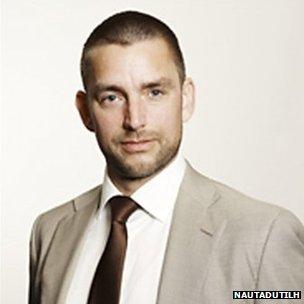
John Allen was one of 10 British victims of the crash
All 10 British victims believed to have been on board have now been identified.
They included 44-year-old Stephen Anderson, a drilling technician who worked for Maersk Drilling.
One of the British victims - John Allen, 44 - died alongside his wife Sandra and sons Christopher, Julian and Ian - who are listed in the passenger list as having Dutch nationality - his law firm said.
Fifty-nine-year-old banker Andrew Hoare also died, along with his Dutch wife and their two children, Jasper, 15, and Friso, 12.
The family, who lived in Luxembourg but made frequent visits to England, had been on their way to Malaysia for a holiday.
His brother Hugo said Somerset-born Mr Hoare was a "devoted family man".
"He's one of the nicest guys you could ever meet. His smile could light up a room," he said.
The families are believed to have died, along with Britons Robert Ayley, John Alder, Liam Sweeney, Glenn Thomas, Richard Mayne, Ben Pocock, and Cameron Dalziel, who was born in Zimbabwe but travelling on a British passport.
Meanwhile, a Newcastle-based charity, the Percy Hedley Foundation, which has been looking after a child feared to have lost family on MH17, said it had received confirmation this was not the case and the relatives were safe.
